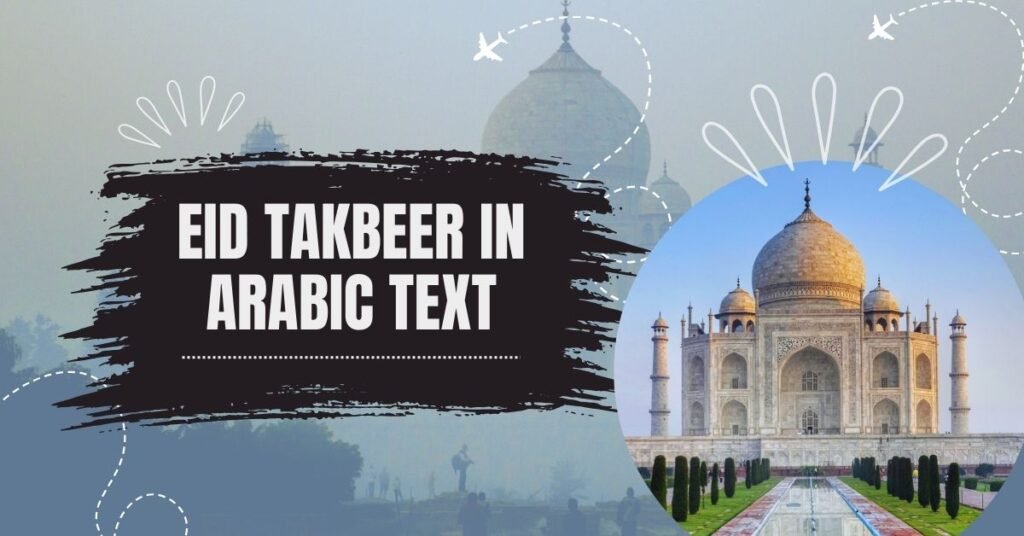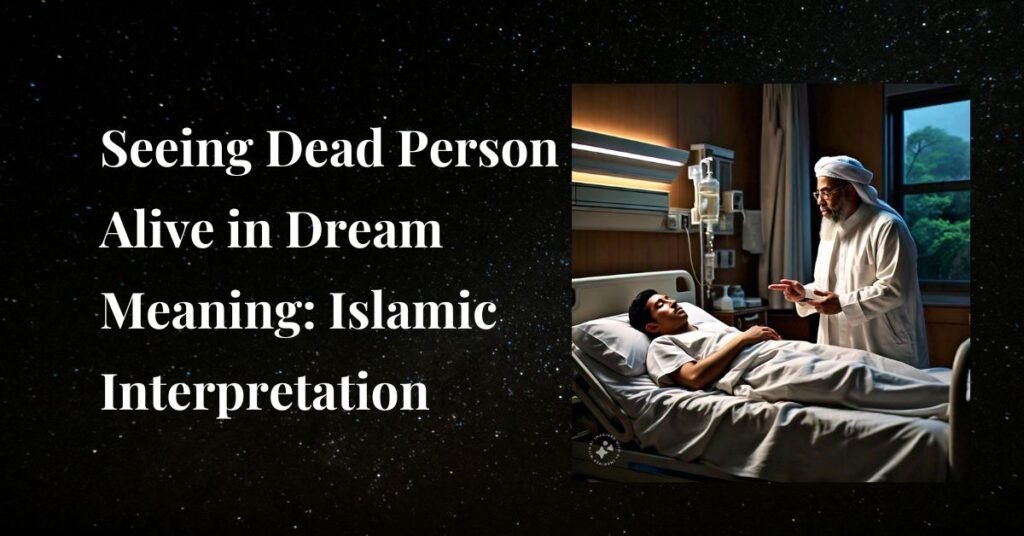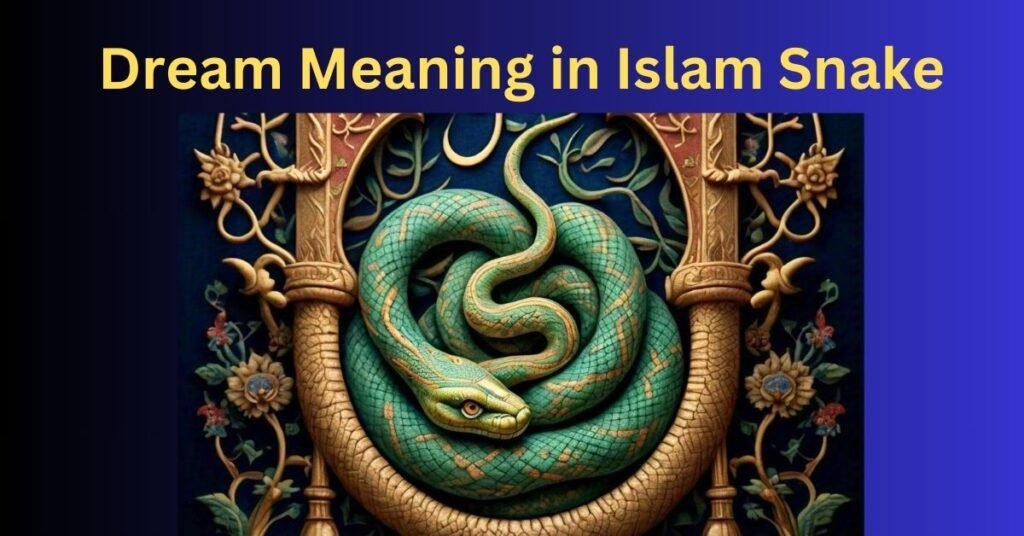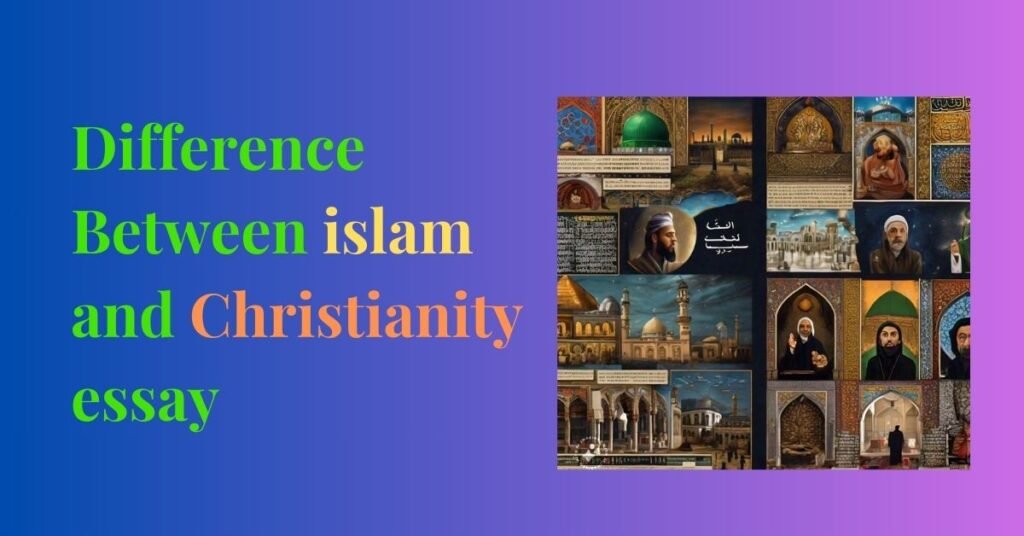Introduction:
The Holy Quran, also known as Quran Kareem, Quran Majeed, or Quran Shareef, is the sacred and central book of Islam. We, the followers of Islam, believe it to be the divine word of Allah (God) and therefore hold it in the highest esteem and reverence. It was revealed to our Prophet, Prophet Muhammad (peace be upon him), through the angel Jibreel (Gabriel). As the verses of the Quran were revealed to Prophet Muhammad (peace be upon him), he would recite them to his companions, who would then listen attentively and understand the meanings of these verses. Some of the companions memorized the verses, while others wrote them down for preservation.
We, Muslims, believe that the Quran is praised for being pure and unaltered. It has remained intact without any additions or subtractions since its revelation. It is considered the best-preserved book in the world and holds the highest status among all books. Its message has remained unchanged throughout history, despite being printed in millions of copies worldwide. Its text remains consistent, and its recitation is considered an act of worship.
After the previous heavenly books such as the Scrolls of Abraham, the Psalms (Zabur), the Torah (Taurat), and the Gospel (Injeel), the Quran is the last and greatest heavenly book. It confirms the previous heavenly scriptures and serves as the final revelation. No other heavenly book will be revealed after it.

Understanding the Quran:
The Quran is the central religious text of Islam, which Muslims believe to be the word of God as revealed to the Prophet Muhammad (peace be upon him) over a period of around 23 years. It is written in Arabic and is divided into chapters called “surahs.” Each surah varies in length, with some being just a few verses long, while others are much longer.
The Structure of the Quran:
The Quran is divided into 114 surahs, which are further divided into verses called “ayahs.” These ayahs vary in length, with some being just a few words, while others span multiple lines. The Quran is traditionally printed in a book format, with each page containing a set number of verses.
How Many Pages in the Quran?
The number of pages in the Quran can vary depending on the size of the text, the font style, and the size of the book. However, most standard printings of the Quran contain around 604 pages. This number can be slightly higher or lower depending on the edition and formatting.
And the Holy Quran that I have memorized has 549 pages. Having it all memorized gives me a big boost in my studies. Whenever I need to review a specific part or learn something new, I can easily locate it in the book. This makes my study sessions much more efficient and productive.
Why Does the Number of Pages Matter?
While the number of pages in the Quran may seem like a trivial detail, it holds significant importance for Muslims. The Quran is often recited and studied on a daily basis, and knowing how many pages there are can help Muslims pace themselves as they read and memorize the text.
Tips for Reading the Quran:
If you’re interested in reading the Quran but don’t know where to start, here are a few tips to help you get started:
- Find a Good Translation: If you don’t understand Arabic, it’s essential to find a good translation of the Quran in a language you understand. There are many translations available in English, Urdu, French, and other languages.
- Start Small: The Quran can be overwhelming at first, so it’s okay to start small. Begin by reading a few verses or a single surah each day, and gradually work your way up to reading more.
- Seek Guidance: If you have questions or don’t understand something, don’t hesitate to seek guidance from someone knowledgeable in the Quran, such as an imam or a scholar.
- Reflect and Ponder: The Quran is not just a book to be read; it’s also a book to be reflected upon. Take time to ponder the meanings of the verses and how they apply to your life.
Conclusion:
The Quran is a sacred text that holds immense importance for Muslims worldwide. While the number of pages in the Quran may vary, its message remains constant and continues to inspire and guide millions of people. Whether you’re a Muslim looking to deepen your understanding of the Quran or someone curious about Islam, exploring its teachings can be a rewarding and enlightening experience.




